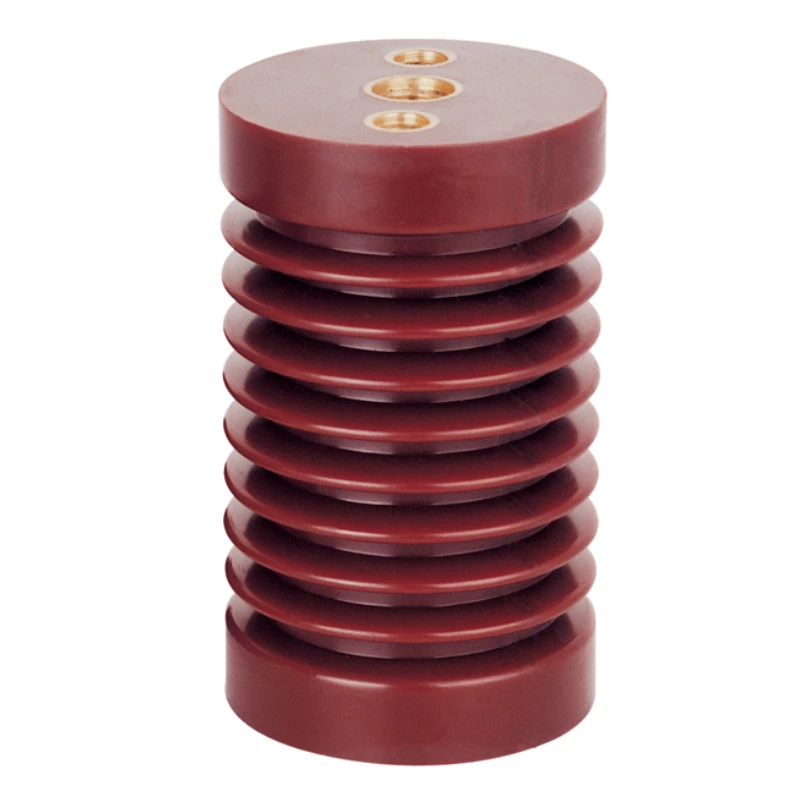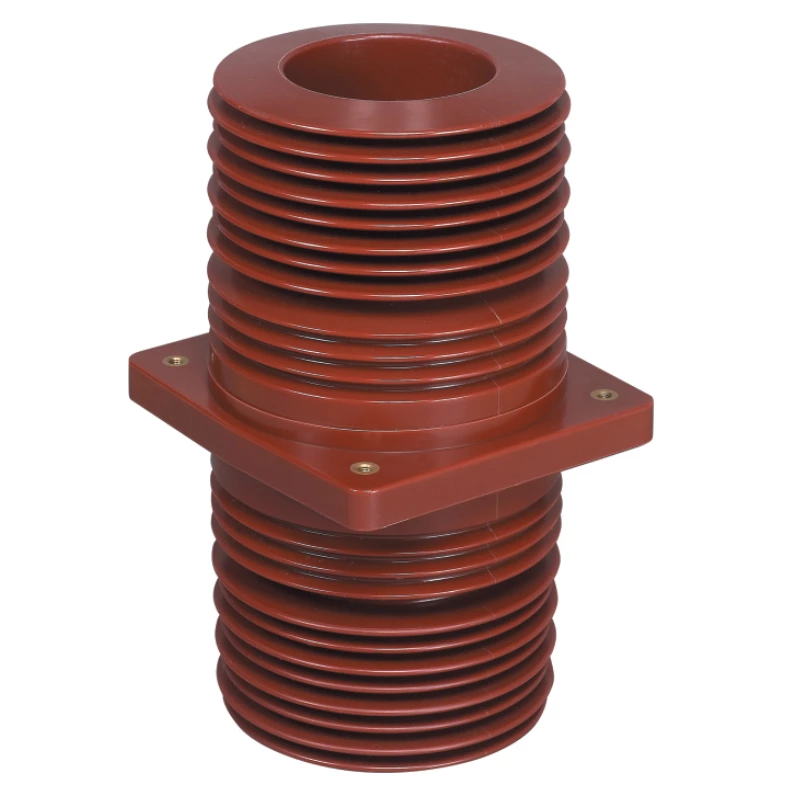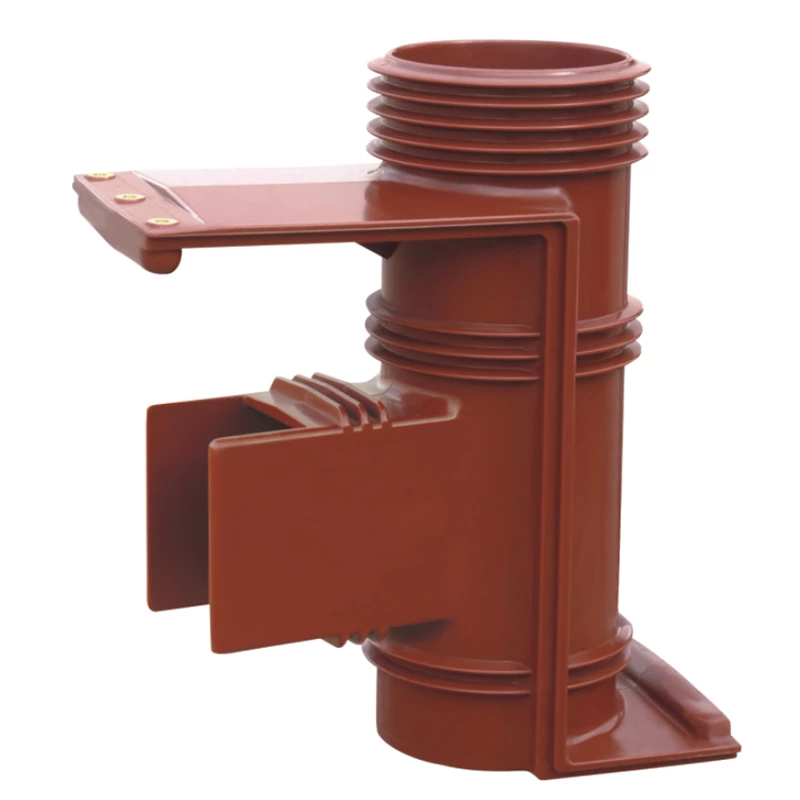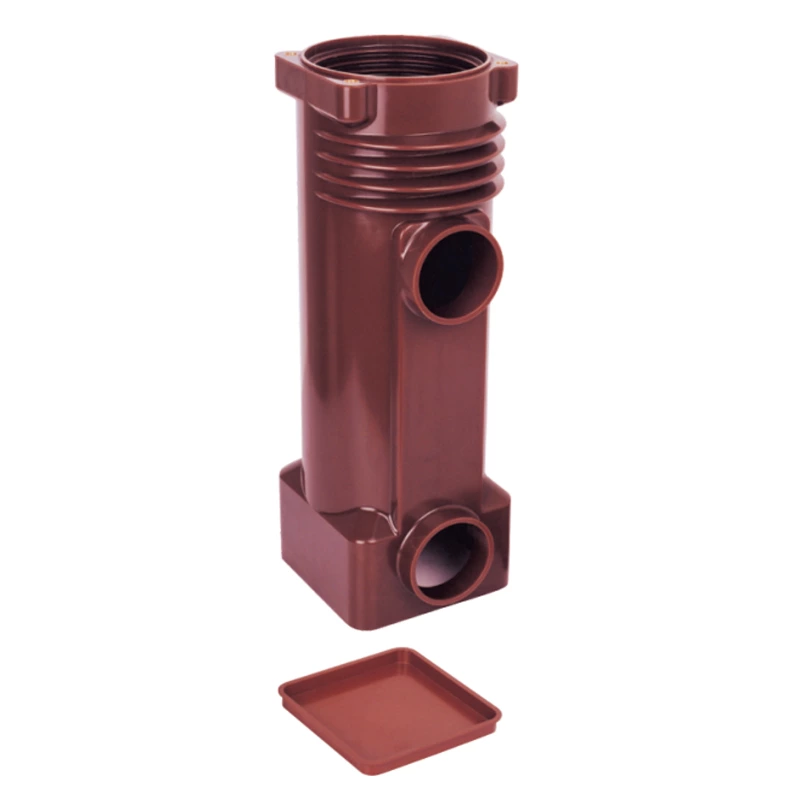Epoxy Resin Ceramic Insulator
As the name implies, ceramics high voltage standoff insulators is an invisible guard used to isolate current and ensure the normal operation of power equipment. During the power transmission process, when the current in the power system passes through various devices, it is always at risk of current leakage or short circuit. high voltage epoxy is to avoid this situation; they play a vital role. And epoxy resin ceramics epoxy resin insulator; through the integration with modern material technology, this traditional high voltage epoxy resin technology has been pushed to a higher level. To understand the superiority of epoxy resin ceramics high voltage standoff, you must first understand the material of epoxy resin. Epoxy resin is a synthetic resin with excellent adhesion, corrosion resistance and insulation. It is widely used in various high-tech fields, especially in the manufacture of power and electronic equipment. It has an indispensable position. The combination of epoxy resin and ceramics has given ceramic insulators a new vitality. Why use epoxy resin? Because it can improve the toughness and impact resistance of ceramic materials and increase the service life of insulators. The innovation of epoxy resin ceramic insulators enables it to maintain excellent performance under strong environmental conditions.
Looking closely at the structure of this insulator, it is usually composed of a ceramic core and an epoxy resin outer layer. Ceramics themselves have the characteristics of high resistance, anti-aging, and high temperature resistance, and the addition of epoxy resin has led to a qualitative improvement in the mechanical strength and impact resistance of the overall product. For example, the presence of epoxy resin can effectively reduce the breakage rate of ceramic materials when encountering external impact or strong winds. The insulation performance of this composite material is also far superior to traditional ceramic insulators. Its voltage resistance and insulation stability can continuously maintain the stable operation of the power system under complex environments. Epoxy resin ceramic insulators perform particularly well under harsh climatic conditions. For some windy and rainy areas, traditional ceramic insulators are easily affected by moisture or dust, reducing the insulation effect. The combination of epoxy resin and ceramic solves this problem. Epoxy resin can effectively prevent the intrusion of external moisture and greatly improve the ability to resist moisture and corrosion. Whether it is the cold north or the humid south, this insulator can show stability and reliability that cannot be underestimated.




